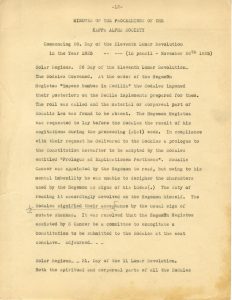Lifelong cognitive effects of childhood chemotherapy
April 28, 2019
Recent research carried out by Peter Cole M.D. and others at the Albert Einstein College of Medicine suggests that chemotherapy treatment for children with acute lymphoblastic leukemia is causing an impairment in the children’s cognitive functions.
The results of the study showed that 40-70 percent of survivors display cognitive disfunction. These impairments have created intense negative consequences on school performance and quality of life.
To further understand the effects of the treatment-induced cognitive disfunctions, Albert Einstein College of Medicine has conducted another study that focuses on how the treatment effects survivor’s auditory sensory processing, working memory and attention.
The researchers observed the children’s behavior while the children participating in the study performed a series of event-related brain potential tasks. The tasks included measurements of reaction times and auditory tests.
There were slight differences in behaviors being measured when the children were going through the tasks for assessing their auditory sensory processing, working memory and attention.
The results from the study included finding that children who had chemotherapy treatment displayed slower reaction times compared to the healthy control children. They also performed worse on auditory tests when compared to the control children.
The treatment causes sensory and cognitive processing deficiencies because, while chemotherapeutics can effectively treat cancer, it also damage healthy tissues.
Drugs like methotrexate have been used to combat childhood leukemia for over 60 years. Methotrexate works by slowing down the growth of cancer cells and suppressing the immune system. It also enhances the production of damaging oxygen free radicals, leading to tissue damage.
Scientists continue to search for cancer treatments that can save children’s lives without imparing them.






